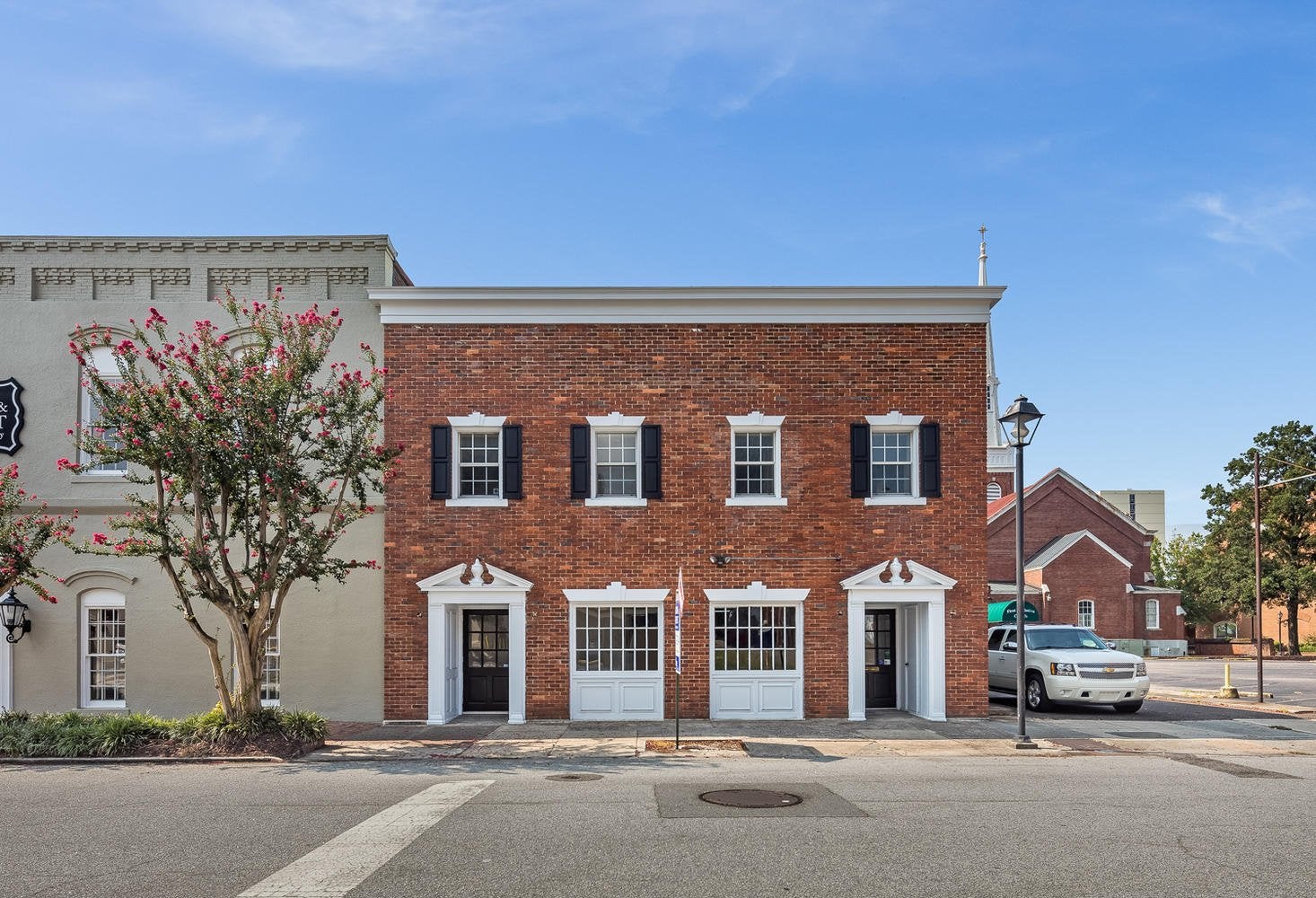People are often confused by the difference in co-working and executive office space. The most notable difference is that one is financially viable and the other is not.
Co-working office space is the equivalent of a gym membership. You pay for the ability to come in and use the facilities on your own schedule.
As most people know, many people with gym memberships, don’t go to the gym. Both gyms and coworking office spaces bank on that fact. If every person with a membership used the facilities, there wouldn’t be enough parking spaces for the cars or room in the building to hold the people.
[adrotate banner=”13″]
Executive office space is a much better structure.
You still pay a flat fee for an office every month. The main difference is that you control and own that office for the period you lease it. The office is yours and only yours.
This is very different to the subscription model of coworking where you only have the right to come in and use whatever desk is available. With executive office space you can leave a computer, desk, chair, or coffee mug, in your office and lock the door.
In larger cities, co-working worked in years past. Often co-working was a way of filling large vacant office spaces that couldn’t otherwise be filled. On a national level WeWork, which was founded in 2010 to provide co-working space nationwide, has had nothing but trouble. The model worked so badly that in 2018 WeWork lost over $2 billion and their 2019 attempt to take the company public failed. The valuation on the company exceeded $47 billion when the IPO failed resulting in a value of under $12.8 billion, which was less than how much the company had raised since its founding in 2010.
[adrotate banner=”19″]
Locally, the most visible attempt to make co-working space work was the Atlanta-based company SharedSpace. SharedSpace purchased 901 Greene St. in 2018 and completed a substantial renovation of the building. Less than two years later, they closed. The 15,300 square foot building was placed on the market shortly after the closing. It is still available for sale or lease.
The only co-working model in the CSRA that seems to be working is a collaborative shared space in the Georgia Cyber Center’s second building.
Upon completing a market wide survey, the evidence is very clear. There is very little executive office space available in the CSRA. The co-working trend will likely creep to a halt in larger cities as the model is further plagued by COVID-19 restrictions. The bankruptcy of WeWork will not help the model to grow. The future of executive office space in the CSRA, however, seems to be very strong.
Joe Edge is the real estate columnist and Publisher for The Augusta Press. Reach him at joe.edge@theaugustapress.com
[adrotate banner=”38″]










